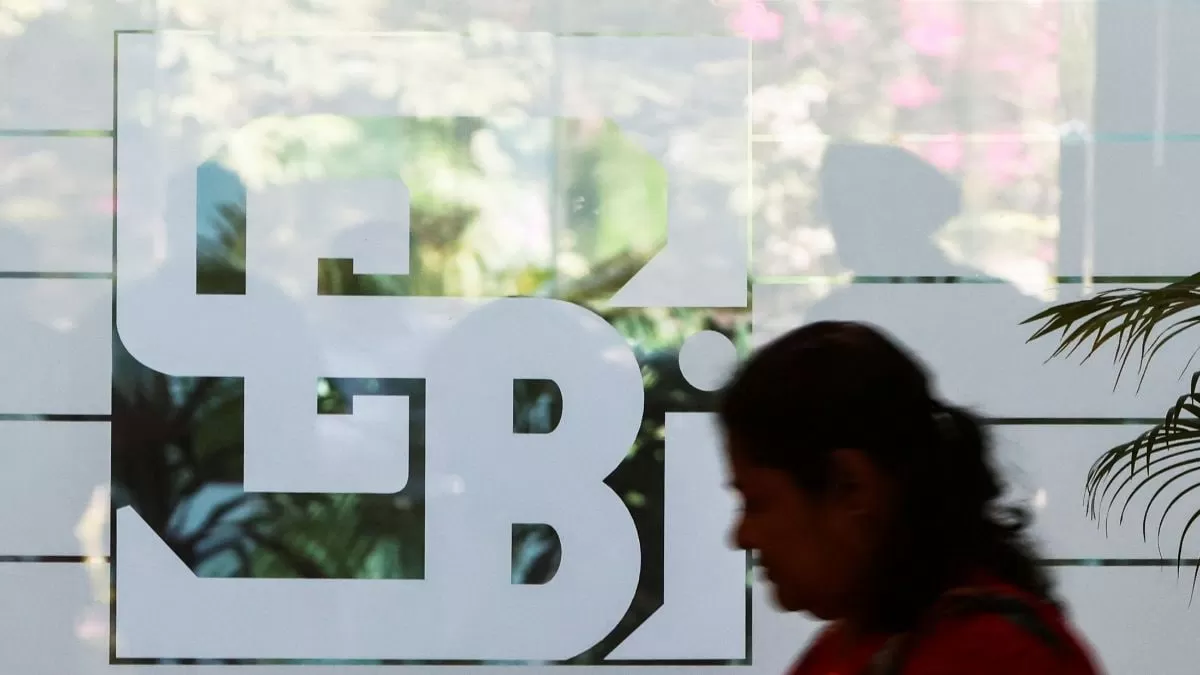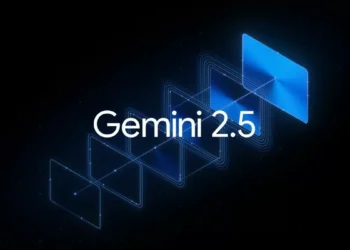SEBI (Securities and Exchange Board of India) has recently taken a significant step towards safeguarding investors’ interests by directing registered intermediaries to use the contact details shared with the market regulator while advertising on social media platforms. This move comes in response to the growing number of securities market frauds observed on popular social media platforms like YouTube, Facebook, Instagram, WhatsApp, X (formerly Twitter), Telegram, and Google Plus.
The Securities and Exchange Board of India is the regulatory body that oversees the functioning of the securities market in India. Its primary objective is to protect the interests of investors and promote the development of the securities market. With the increasing use of social media platforms for advertising and marketing, SEBI has recognized the need to regulate the content being shared on these platforms to prevent fraudulent activities.
In a circular issued on 15th November 2021, SEBI has directed all registered intermediaries, including brokers, portfolio managers, and investment advisors, to use the contact details provided to the regulator while advertising on social media platforms. This means that intermediaries must use the official email IDs and mobile numbers registered with SEBI while promoting their services on social media.
The move is aimed at ensuring that investors have direct and easy access to the registered intermediaries, making it easier for them to verify the legitimacy of the services being offered. This step will also help in establishing a direct communication channel between investors and intermediaries, reducing the chances of falling prey to fraudulent schemes.
SEBI’s decision to regulate advertisements on social media platforms is in line with its efforts to create a secure and transparent environment for investors. With the rapid growth of social media, there has been a significant increase in the number of fraudulent activities targeted towards unsuspecting investors. These fraudsters use social media platforms to lure investors with false promises of high returns, ultimately resulting in financial losses for the investors.
By mandating the use of SEBI-registered contact details, the regulator aims to curb the spread of such fraudulent activities on social media platforms. This step will also serve as a deterrent for fraudsters, as they will find it challenging to operate under the watchful eyes of SEBI.
In addition to this, SEBI has also urged the intermediaries to publish a disclaimer stating that they are registered with SEBI and that investors can verify their registration details on the regulator’s website. This will help investors in identifying registered intermediaries and avoiding falling prey to unscrupulous individuals posing as legitimate intermediaries.
The use of social media platforms for advertising has become a popular choice for many intermediaries due to its vast reach and cost-effectiveness. However, the lack of regulation has made it easier for fraudsters to exploit this medium for their illegal activities. With SEBI’s new directive, investors can have more confidence in the authenticity of the advertisements they come across on social media platforms.
SEBI’s move to regulate advertisements on social media platforms is a step in the right direction towards creating a safe and transparent investment environment. It highlights the regulator’s commitment to protect investors’ interests and promote the growth of the securities market in India.
In conclusion, SEBI’s directive to use registered contact details while advertising on social media platforms is a positive step towards combating securities market frauds. It will not only help in protecting investors but also promote the growth of the securities market by creating a secure and transparent investment ecosystem. Investors must also exercise caution while making any investment decisions and verify the registration details of intermediaries before engaging with them. With SEBI’s continued efforts, we can look forward to a more secure and trustworthy investment landscape in the future.








